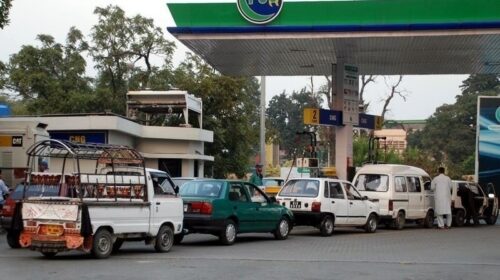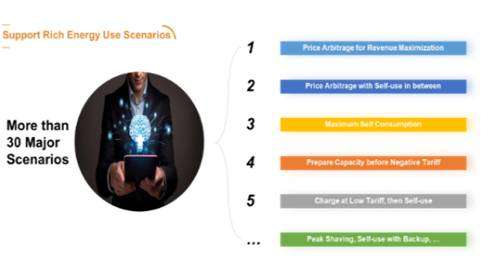With SBP reserves at approximately $4 billion, time is not far when there would be widespread shortages of essentials, if there are no inflows of dollars with IMF on board. On top of the list is energy products – especially petroleum. The country has stocks of around 30 days of diesel (HSD) and 18 days of petrol. Then there are plans for imports by refineries and OMCs – the L/Cs are opened for another 15-20 days. This would mean the country is covered by 4-5 weeks of petrol and 6-7 weeks of HSD.
In normal circumstances, this may not raise red flags. But we have all the reasons to worry today. With every passing day, LC opening is becoming difficult. Lately, top executives of petroleum companies have had to use their clout to establish L/Cs. And going forward this may not work. The government may be able to open L/Cs of PSO for some time which covers 45 percent of the country’s needs. Some need to be covered by local refineries which rely on its 30 percent production on local crude, as the rest is imported.
There won’t be a complete blackout but there would be shortages in many sectors which would have a ripple effect. Assuming that there are no LCs opening on fresh imports (while those which are opened will confirm), the shortages may start in 2-4 weeks. When the stocks start replenishing, hoarders will come into play (in HSD, as it can be easily stored), the supply will be constrained, and the overall supply of petrol will start reaching dangerously low levels as well. OMCs may start rationing supply by themselves to elongate the stocks for a few more weeks.
However, if PSO keeps on doing partial imports, the shortage may start somewhere in March and the situation may worsen in April – this is the likely scenario, in case of no shoring up of SBP reserves.
April is a peaking season of HSD, as the wheat cutting starts. If the HSD becomes short at that time, there will be a risk of loss in the wheat crop. If that happened, there would be staple food shortages a few months later.
Some crude oil imports will continue without any dollars in the SBP account, on account of the Saudi deferred oil facility. This will keep local refineries operating partially, along with their use of local crude. But here the preference could be defense-related. Priority would be to make jet fuel for air force and general aviation available.
In the process, summer comes and the demand for energy peaks for air conditioning needs. For that, gas (LNG) imports will become critical. Then the country has to decide what to import within limited and falling exports and remittances inflows. There would be less imports of other fuels such as coal and furnace oil. This would mean long hours of load shedding even in posh urban areas. Then there would not be HSD available for the rich and businesses to run standby generators. There would be long lines at the petrol stations for a few liters of petrol.
This all would mean many businesses in the retail segment – working fine so far, getting majorly affected. Not to mention, the manufacturing industry is closing one by one, and those which are operating are only doing so partially. The situation will only get worse. Pakistan must arrange dollars, or face shortages.







